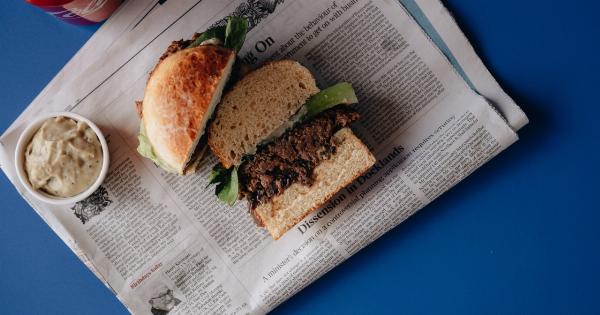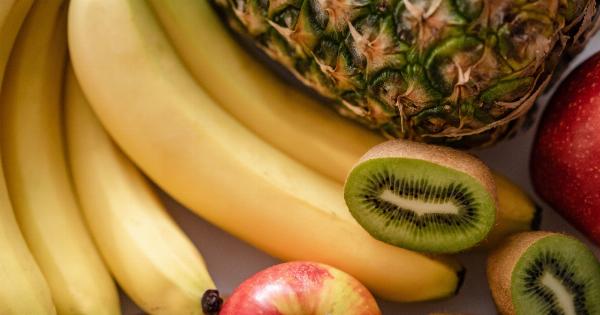Breakfast is widely considered the most important meal of the day.
But what happens if you delay the breakfast bell? Does it really make a difference or is it just a myth? In this article, we will explore the benefits and drawbacks of delaying the first meal of the day.
The Myth of Breakfast
For years, we’ve heard that we should never skip breakfast because it jumpstarts our metabolism, provides us with much-needed energy, and helps us lose weight. But recent studies have debunked this myth.
In fact, studies have shown that delaying breakfast may have some surprising health benefits.
Intermittent Fasting
Delaying breakfast is actually a form of intermittent fasting, where one restricts their eating to specific time periods.
Intermittent fasting has been shown to have numerous health benefits, including weight loss, improved blood sugar control, and lower risk of chronic diseases such as heart disease and cancer.
Biohacking
Some people delay breakfast as part of their biohacking routine. Biohacking is the practice of using science and technology to optimize one’s physical and mental performance.
Delaying breakfast can help one increase mental clarity, improve focus, and increase productivity.
The Drawbacks of Delaying Breakfast
Delaying breakfast can have some drawbacks, such as increased hunger, irritability, and decreased energy levels. It can also lead to overeating during lunchtime or later meals, which can have negative consequences on weight and overall health.
Who Should Delay Breakfast?
Delaying breakfast may not be suitable for everyone, especially those with medical conditions such as diabetes or hypoglycemia.
Other factors such as age, activity level, and overall health should also be taken into account before deciding to delay the first meal of the day.
Conclusion
Delaying breakfast can have both benefits and drawbacks. It is important to weigh the potential benefits and drawbacks and to consider one’s individual circumstances before deciding to delay the first meal of the day.
It is also important to remember that breakfast does not necessarily have to be consumed first thing in the morning and can be eaten at any time that is convenient for the individual.




























